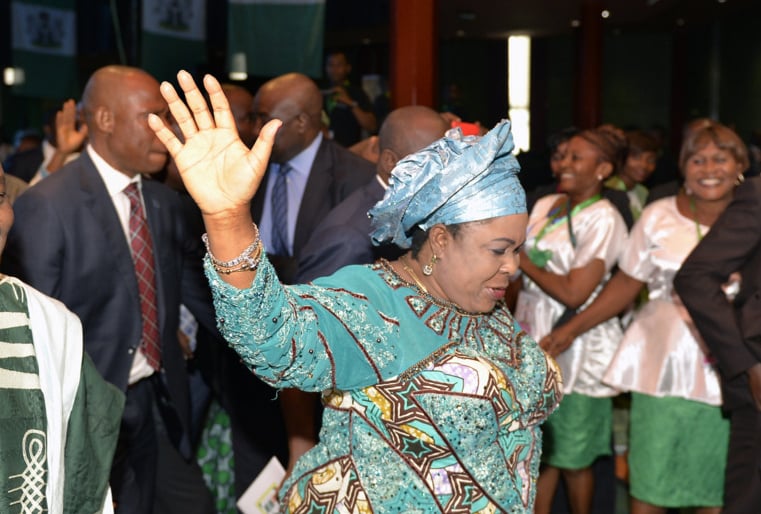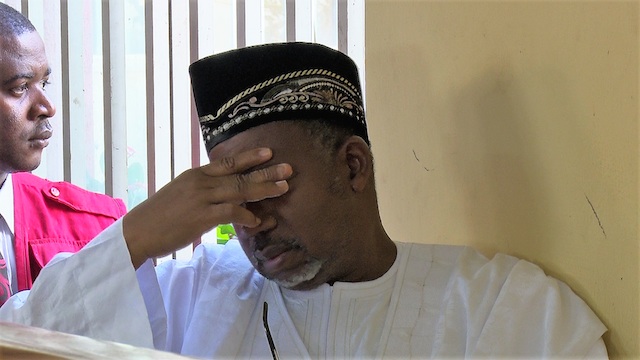The World Bank says it is support of efforts made by the Nigerian government to achieve economic growth. including securing foreign loans.
In a statement signed by Rachid Benmessaoud, senior communications officer of the bank, the organisation denied the reports that it is not in support of Nigeria securing foreign loans.
“On October 11, during the launch of Africa’s Pulse, the World Bank’s biannual analysis of African economies, World Bank senior economist for Nigeria, Gloria Joseph-Raji, was asked by a reporter to share her views on the federal government’s plan to increase external borrowing,” the statement read.
“At no point did she mention that the World Bank and the federal government of Nigeria (FGN) disagree on the need to rebalance the country’s debt portfolio. Where expenditures exceed revenue, governments will need to borrow.
Advertisement
“In doing so, the federal government is trying to rebalance its portfolio towards more external borrowing with lower interest rates and longer maturities.”
According to the statement, Joseph-Raji commended efforts made to rebalance Nigeria’s portfolio in order to lower the cost of borrowing, as outlined in its 2016-2019 medium-term debt management strategy released last year.
“The use of IDA concessional financing, among others, is supportive of the FGN’s effort in this regard, with the added focus on poverty alleviation and building shared prosperity in Nigeria.
Advertisement
“The latest issue of Africa’s Pulse points out that growth is Nigeria is projected to pick up from 1.0% in 2017 to 2.5% in 2018 and 2.8% in 2019. While government debt in 2017 is projected to rise, it remains low in Nigeria.”
The World Bank spokesman expressed the bank’s full commitment to help Nigeria restore macroeconomic resilience as well as strengthen the ongoing economic recovery and achieve sustainable inclusive growth.
While addressing journalists at the annual meetings of the World Bank and International Monetary Fund (IMF), Adeosun said borrowing was the most suitable option for the government as against laying off workers because tax compliance was low.
“With Nigeria’s source of revenue dropping by nearly 85 percent, the country had no option but to borrow. The option before the country was to either cut public services massively, which should have led to massive job losses or borrow in the short-term until it begins to generate sufficient revenues,” she had said.
Advertisement
“We felt that laying-off thousands of persons was not the best way to stimulate growth. Also, when we came into office, about 27 states could not pay salary. If we had allowed that situation to persist, we would have been in depression by now.
“So, we took the view as a government that the best thing to do was to stimulate growth and spend our way out of trouble, get the state governments to pay salaries, making sure that the federal government pays and invests in capital infrastructure.”






